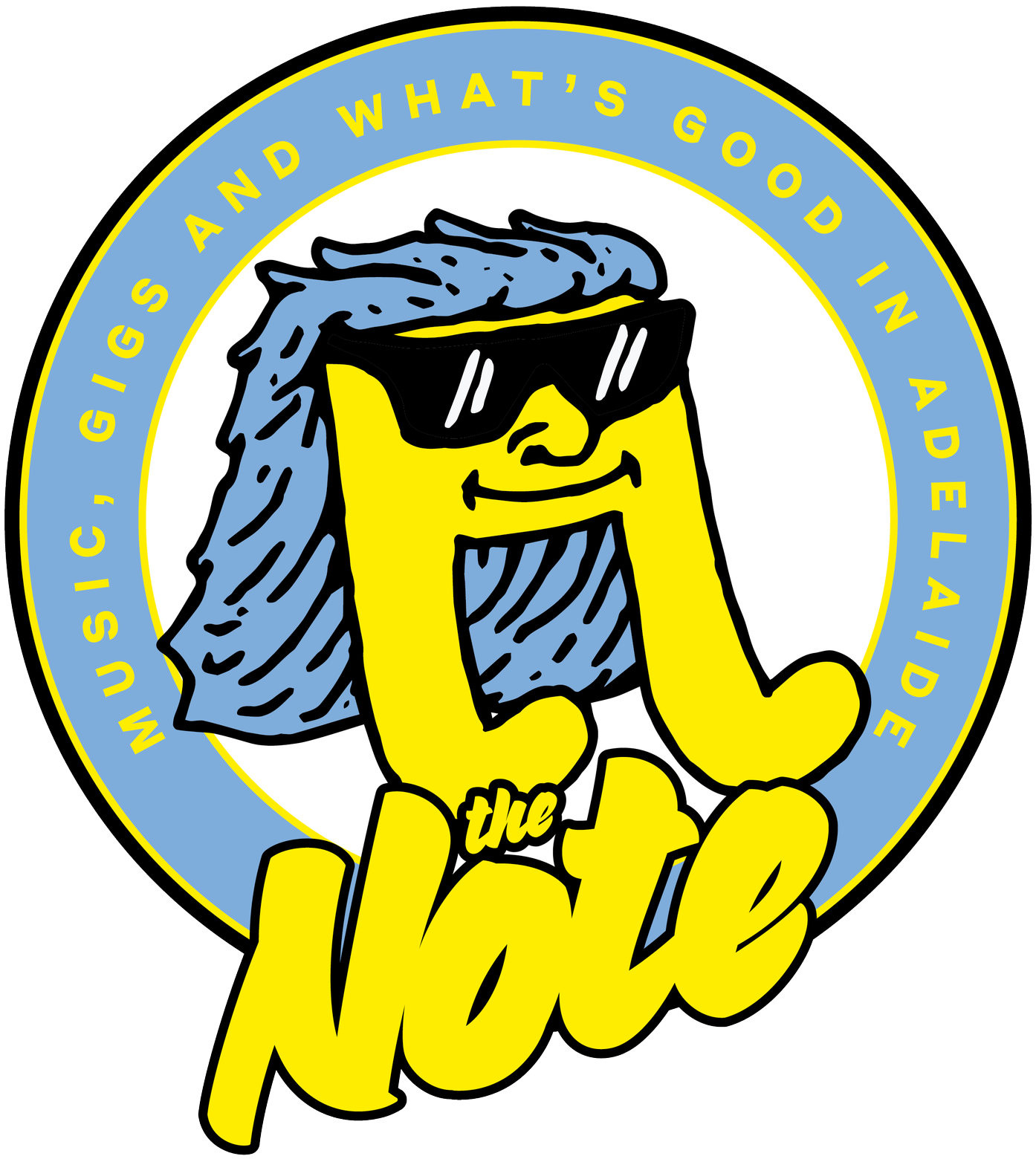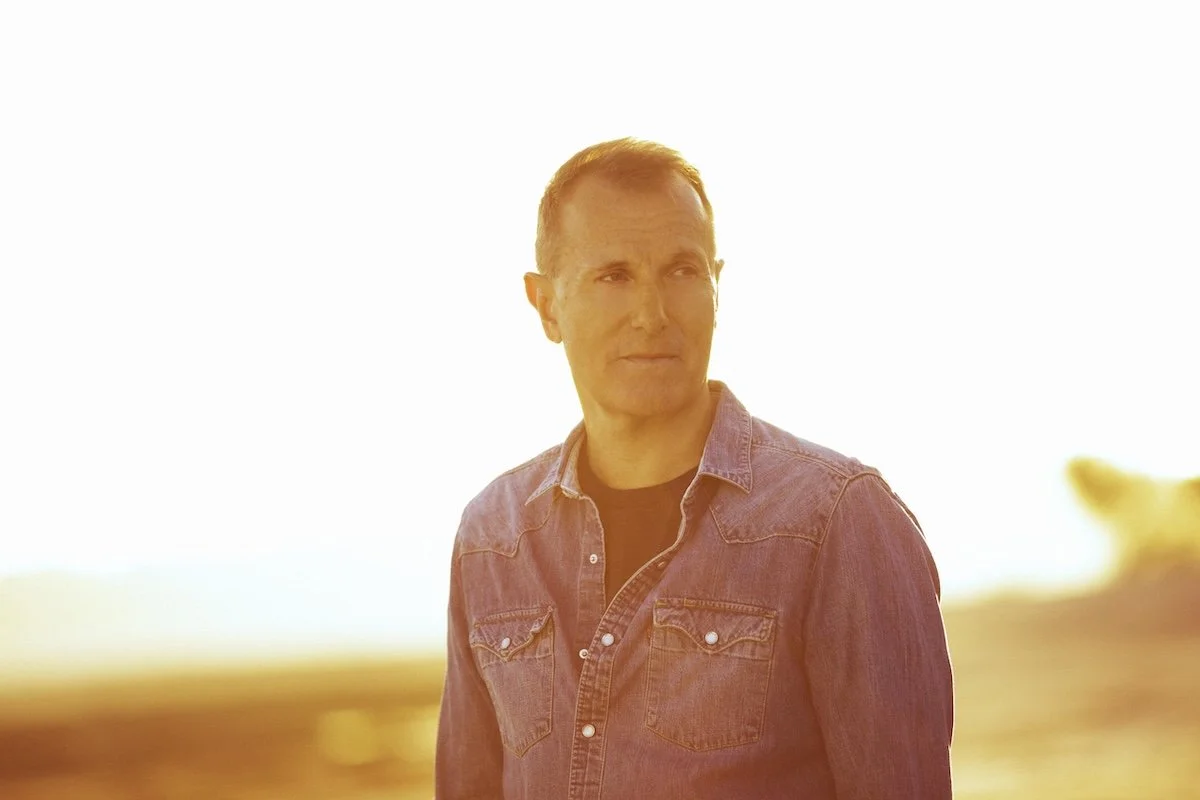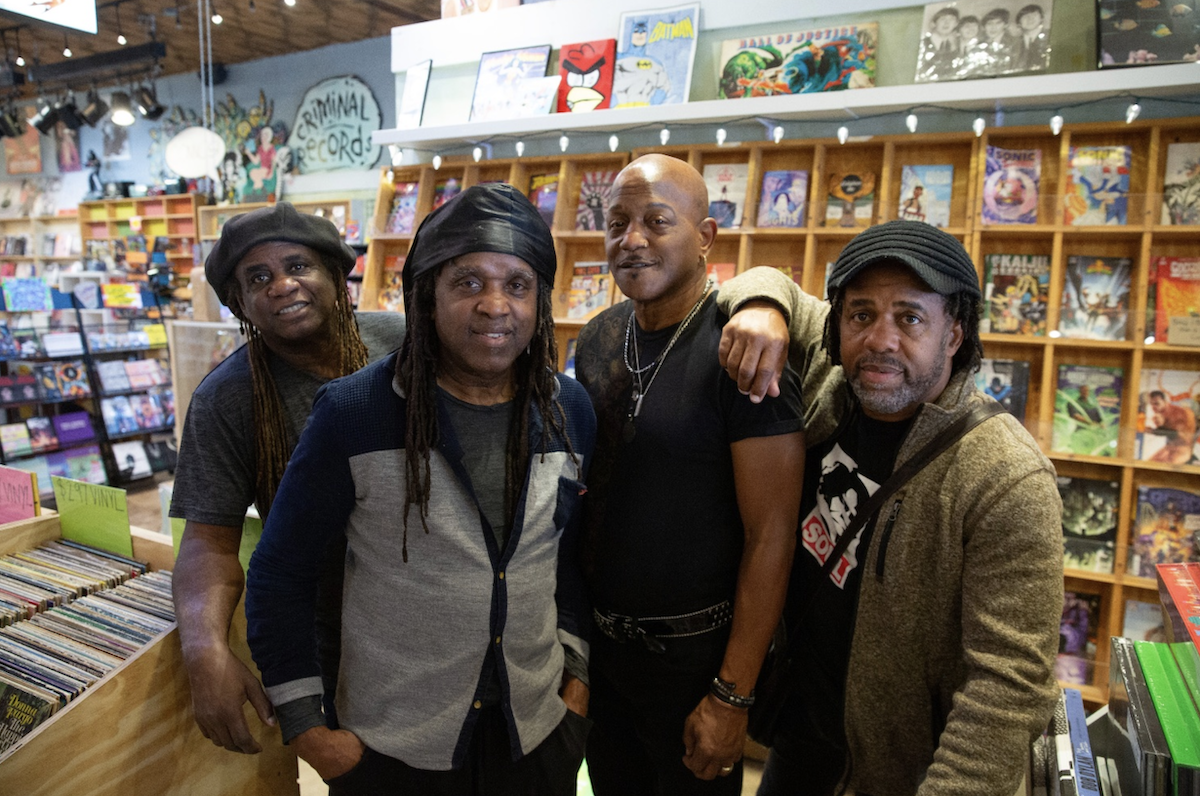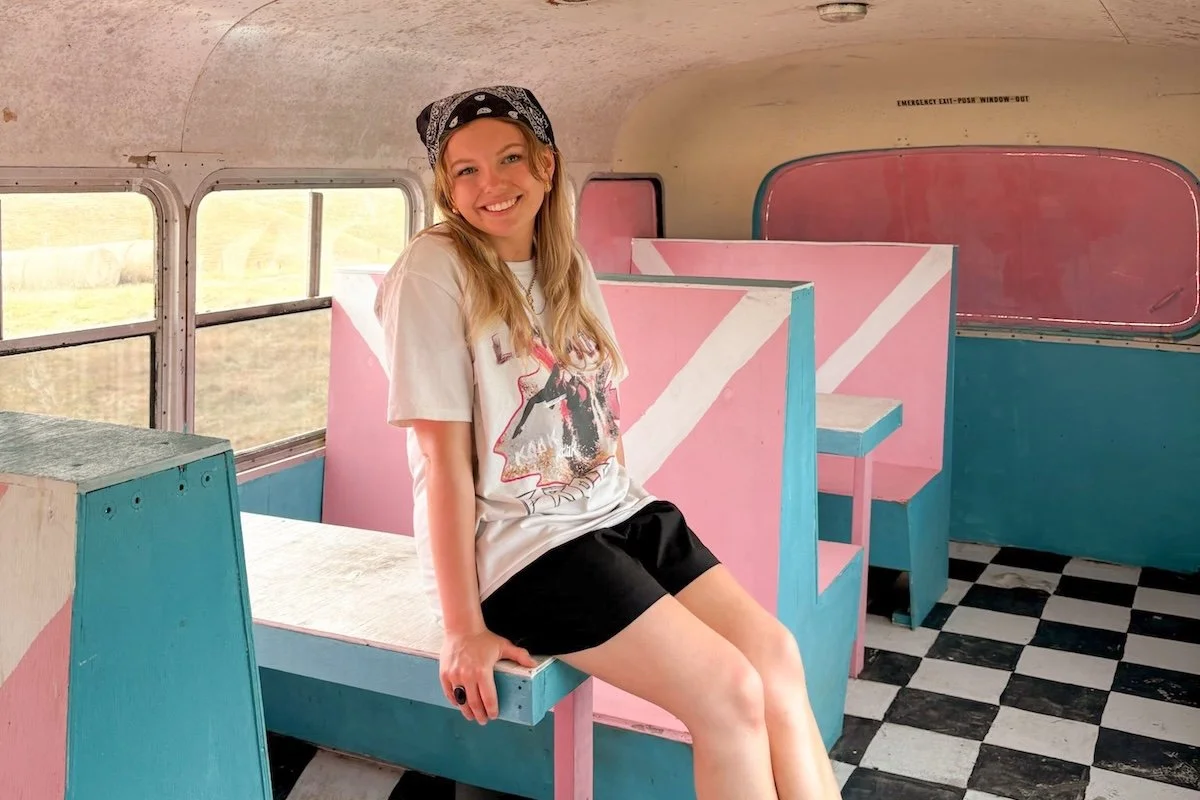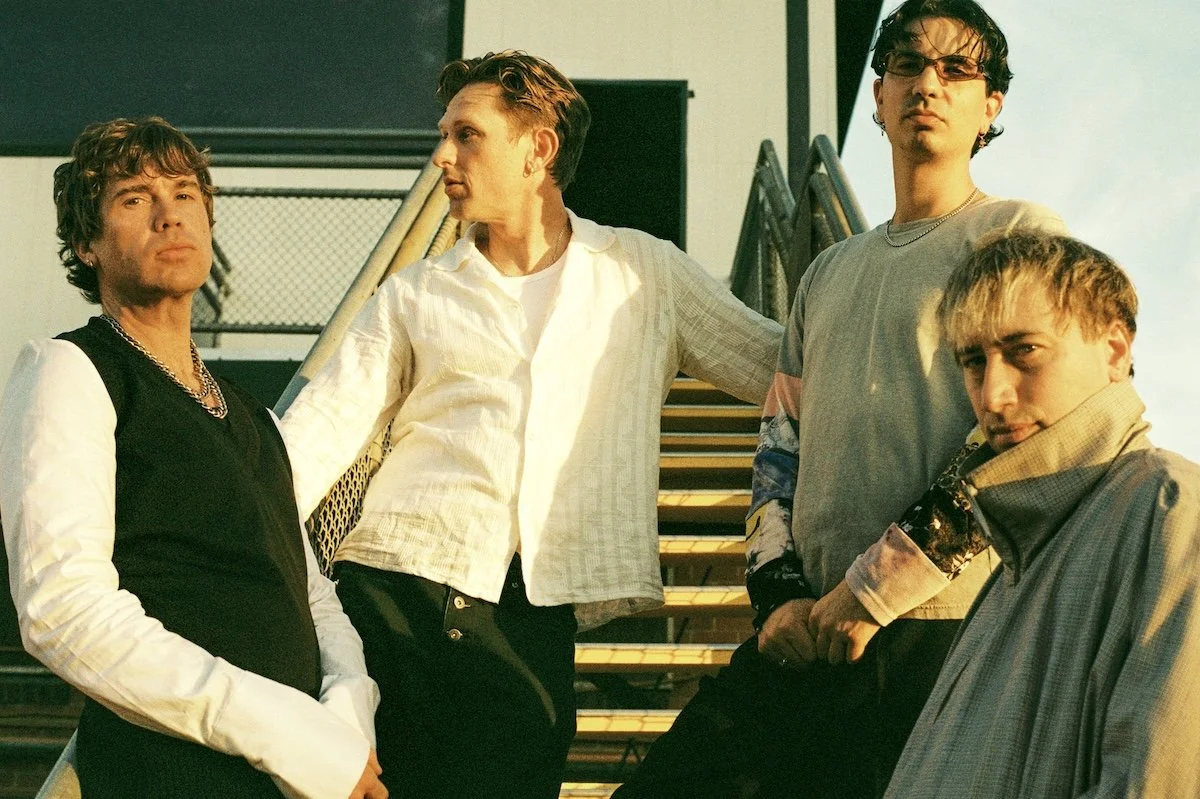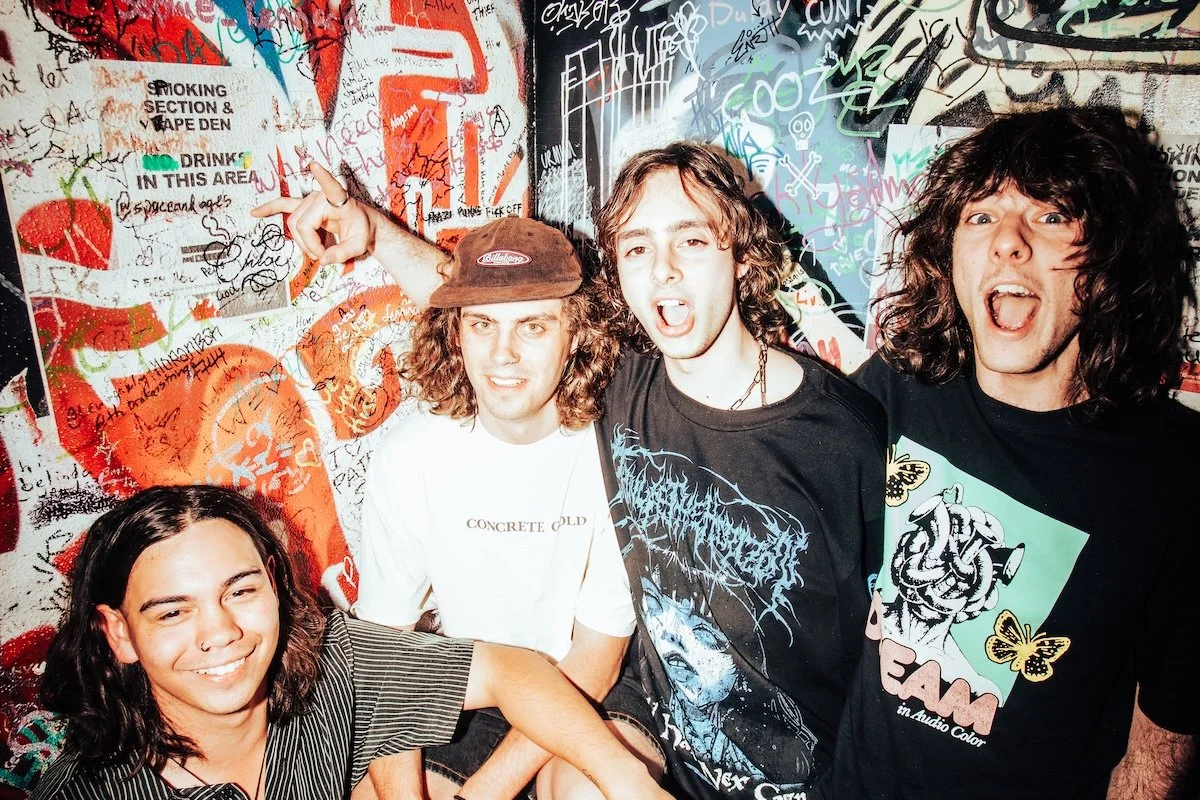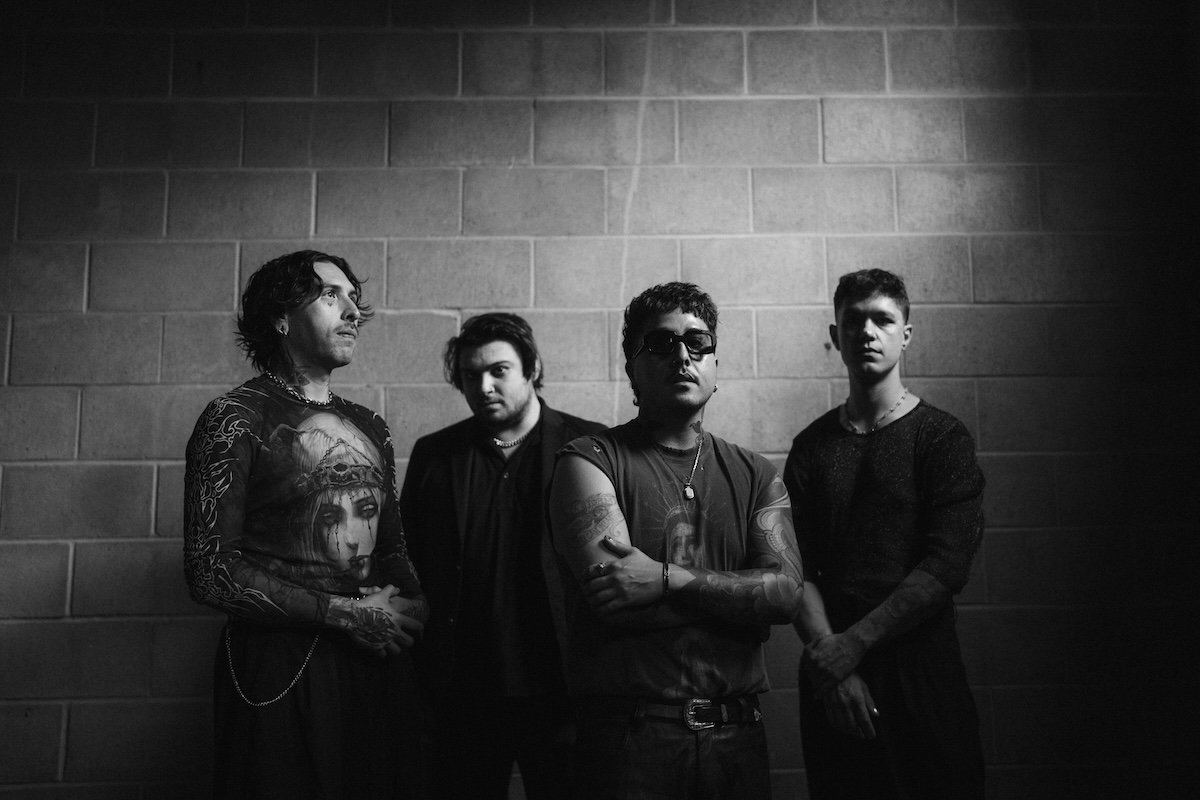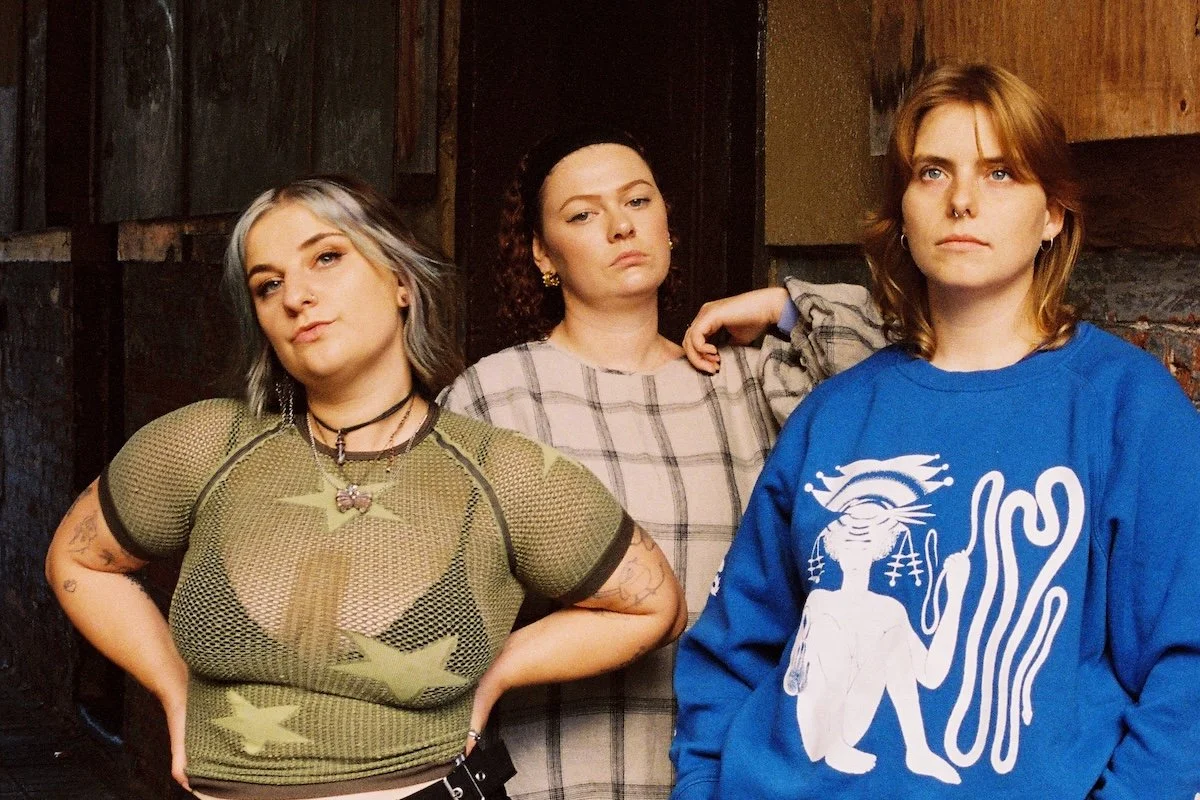Adelaide Author Malcolm Sutton Talks New Book ‘Twitchers’
Following on from his 2021 debut novel The Fake Jesus, musician, journalist and playwright Malcolm Sutton returns with his latest book, Twitchers.
Words by Tobias Handke
Image supplied
Journalist, drummer and theatre producer are just some of the job titles Adelaide writer Malcolm Sutton has held over the journey. The one that might fit best is author. Breaking into the literary world in 2021 with his debut novel The Fake Jesus, Sutton returned this year with his absorbing second book, Twitchers (grab your copy here).
A dark comedy situated in the Adelaide Hills, Twitchers has received rave reviews, with ACB Radio Adelaide Drive Present Jo Laverty calling the novel, “My favourite book of the year.”
Corresponding via email, we got the chance to ask Sutton about Twitchers, his writing process and how his background in journalism helped with writing his two novels.
Hey Malcom. Congratulations on the release of Twitchers. First up, can you tell our readers what the novel is about?
It’s about the hunt for a murderous pyromaniac in the Adelaide Hills, and an adman self-destructing with OCD under the weight of oppressive parents and crap friends.
What inspired the plot and the characters in the novel? Did you draw from real life experiences or was it all from your imagination?
It’s drawn mostly from my imagination and whatever twisted shit wakes me up in the night, but it also recounts local history and some of the insanely hilarious happenings in Blackwood since it was settled by Europeans, including the music and party era of the 1990s to early 2000s (the stomping ground of the Hilltop Hoods). Most fun is that it plays with folklore about the Blackwood Clown, a guy who supposedly dressed up as a clown and scared people in the forests. Mid-1990s students from the local high school would know all about that.
Twitchers is your second novel following your terrific debut The Fake Jesus. Both are set in South Australia. What role does the state play in your stories?
Twitchers really aims to capture the vibe of the Adelaide foothills’ forests and parks, which, depending on your disposition, can shift between feeling ancient and mysterious, to scratchy and terrifying.
The Fake Jesus is focused more on Western society at large, where the only god a lot of people abide by is The Economy. Blackwood is featured briefly, but it’s mostly set in the city and examines our societal pressures to get a job, get a career, get a partner, get a mortgage, have babies, buy stuff, buy more stuff, buy even more stuff, and drink yourself to death if none of that hits the spot.
As someone with a career in journalism, has writing books always been something you’ve wanted to take a stab at?
I was a writer before I became a journalist. In fact, my first career was as a musician, then I worked in theatres, but during all this time I was writing various things (short stories, plays, screenplays) trying to get noticed. I also wrote an early draft of The Fake Jesus before I became a journalist. I went into journalism because I needed a day job doing something I didn’t hate, which was writing. I also had an interest in writing about the arts, current affairs, the environment and people, and holding arsehats like incompetent politicians, authorities, greedy corporates and those running our utilities, to account.
Many authors juggle the demands of their day job with writing. As someone whose 9-5 also involves writing, how did you find a balance between both? Was it hard to stay motivated, or did you have a routine that worked for you?
I wrote Twitchers while I was a shift worker who started mid-morning or later in the afternoon. That worked well for me because the best time for me to write is the mornings. I would write fiction for two or three hours every day before going to work. I didn’t have issues with motivation because once I start a project, it becomes all-consuming and I have to get it finished before I can live again. If I was writing a new book now, I would get up early and work a few hours before starting my day job. Late at night can also be productive. It helps to be a mild insomniac – although they tell us sleeping badly will eventually kill you, so maybe not.
READ MORE: You Are Cordially Invited To… The Last Dinner Party
Do you think your experience as a journalist helped with the process of writing?
100 per cent. I feel that print journalism is one of the best things a writer can do. You’re writing all the time, trying to tell stories in the most effective, succinct way possible and, if you fail at it, you’ll likely have a stressed editor swearing at you. It’s great training and will rid you of flowery, over-written prose that nobody needs to suffer. Plus, if you’re spending your days writing straight news etc., when it comes to writing fiction, you tend to lash out a little and unleash like a possessed demon, but you also have the discipline (in theory) that comes with journalism to rein it in.
What challenges did you face writing Twitchers as opposed to your first novel The Fake Jesus?
To be frank, Twitchers was a C U next Tuesday. Unlike The Fake Jesus, for which I had a reasonable understanding about where it started and how it ended, I went into it blindly passionate with only a vague idea about where it would go. It was like a massive power chuck that had to come out, but which I then had to clean up by rewriting the beginning, which caused problems, which I then fixed by rewriting other parts, which caused further problems, and so on and so on. I almost could have written three books in the time it took for me to shape that initial pile of words into something pretty, but the final result has been getting great reviews, so it was worth it.
Do you have more ideas kicking about for another book?
I have a few, but the one at the top of my list, at this stage, will be about news media’s submission to social media and internet clickbait. It will be funny, violent ... and grotesquely true.
Any advice for other aspiring writers who are unsure how to go about it?
Sometimes sitting in that chair is the very last thing on earth you want to do, but you need to do it. Smash your TV to pieces, throw your phone into the toilet, and get on with the job.
Who are some SA writers our readers should seek out?
One of my favourite recent Adelaide books was Rise & Shine by Patrick Allington. Andrew Roff is another who has been writing some interesting work and has a novel coming out in 2025 called Pangea. Also, if you haven’t read Hannah Kent’s 2013 debut, Burial Rites, you should.
What’s one book you would recommend everyone should read and why?
Probably Into the Wild by Jon Krakauer. A well-researched, gloriously-written book about Christopher McCandless, the young American who railed against the middle-class life laid before him, threw everything away and hitchhiked to Alaska where he tried to live off the land. It’s powerful, makes you question your direction in life, pays tribute to those who chase something else and, for me at least, is dangerously seductive.
Lastly, if you had to sum up Twitchers in three words, what would they be?
Disturbing. Addictive. Entertaining.
Twitchers is available from all good bookstores and online retailers. Visit Malcom Sutton’s official website to grab your copy now.
